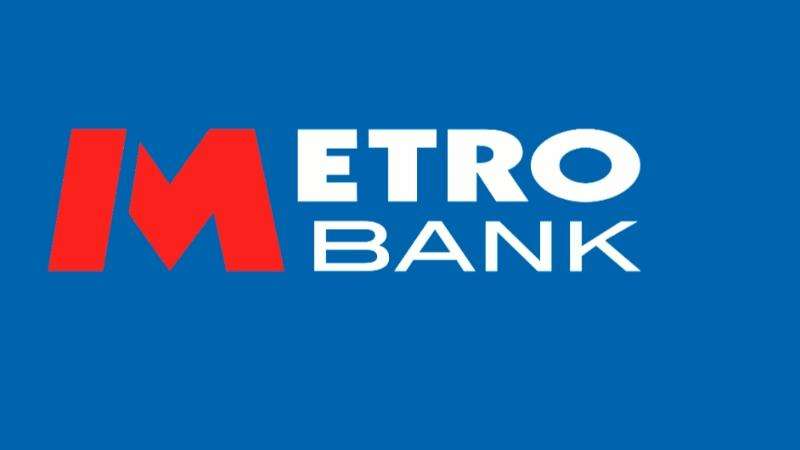High street lender Metro Bank is currently at the centre of a significant development in the UK's financial landscape, as it confirms a private equity-backed takeover approach. The bid, spearheaded by financial services buyout firm Pollen Street Capital, could see the bank delisted from the London Stock Exchange, raising immediate questions about its future direction and, crucially, its impact on its customer base, Daily Dazzling Dawn understands.
Metro Bank has carved out a unique niche in the UK, particularly among millions of immigrants, including those from Bangladeshi, Indian, Pakistani, Nepali, Sri Lankan, and various African nations, as well as international students and workers. For the past decade, the bank has been a preferred choice due to its reputation for easy account opening processes and what many describe as a more customer-friendly and accessible support system compared to traditional high street banks.
A Beacon for New Arrivals
The appeal of Metro Bank to these communities often stems from its "challenger bank" ethos, which prioritises customer service and a less bureaucratic approach. Many new arrivals to the UK, who might face hurdles with traditional banks due to a lack of established credit history or specific documentation requirements, have found Metro Bank to be a welcoming entry point into the British financial system. Its emphasis on face-to-face service in physical branches, alongside digital offerings, has also resonated with those who appreciate personal interaction and support in navigating a new country's banking system.
Concerns are now mounting among these vital customer segments. "Metro Bank has always felt different, more understanding," said a student from India who has banked with Metro Bank since arriving in London three years ago. "I worry that if it goes private, or changes hands, that personal touch might disappear. Will they still cater to our specific needs?" Similar sentiments are echoed by workers from various African countries, who have praised the bank's flexibility and support in setting up accounts and managing remittances.
Recent History and Future Prospects
The takeover approach comes after a turbulent period for Metro Bank. In November 2023, the lender was rescued through a substantial £925 million deal, comprising £325 million of equity and £600 million of new debt. A significant portion of this equity – one-third – was contributed by Colombian billionaire Jaime Gilinski Bacal, who now holds a near-53% stake through his investment vehicle, Spaldy Investments, and has a seat on the company's board.
Since this critical bailout, Metro Bank has undertaken significant restructuring. This has included hundreds of job cuts and the sale of loan asset portfolios as CEO Daniel Frumkin has worked to improve operating performance and return the bank to profitability. The bank also recently sailed through a shareholder vote regarding executive pay proposals, which had initially drawn opposition.
Pollen Street Capital's interest in Metro Bank is not entirely new; the firm is a major shareholder in Shawbrook, another mid-sized bank that has previously explored a merger with Metro Bank. Shawbrook's owners have been actively seeking corporate combinations, including tentative talks with Starling Bank for a £5 billion tie-up and plans for a stock market listing. The current approach to Metro Bank suggests a continued appetite for consolidation within the UK's challenger banking sector.
While both Metro Bank and Pollen Street Capital have declined to comment on the ongoing discussions, the news has undoubtedly stirred unease among a significant portion of Metro Bank's loyal customer base. The coming weeks will be crucial in determining the fate of Metro Bank and, by extension, the banking experience for millions who have come to rely on its distinctive approach to financial services in the UK. Customers will be closely watching for assurances that any changes will not compromise the accessible and customer-centric service they have valued for so long.
_2.jpg)
_3.jpg)


_3.jpg)



.svg)



